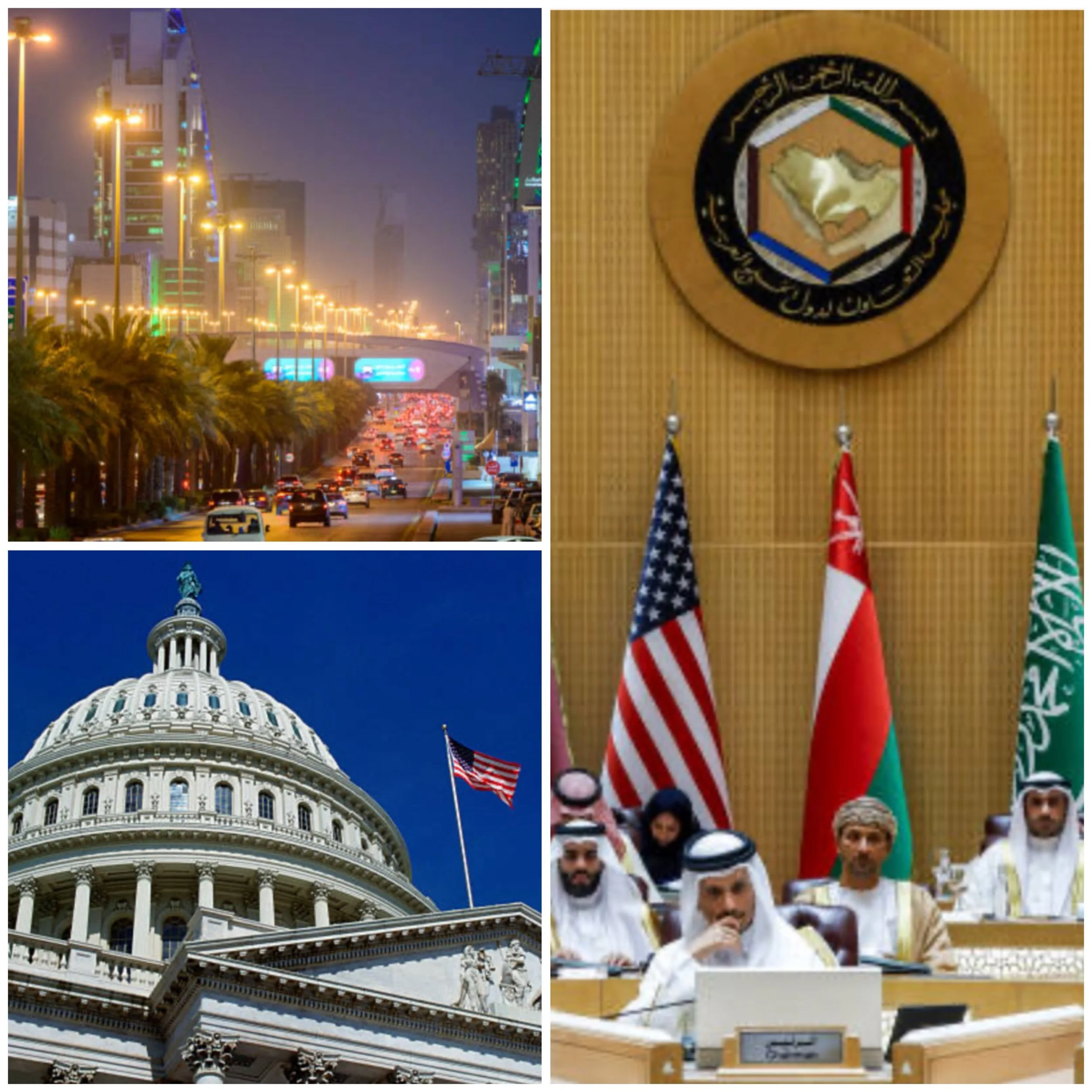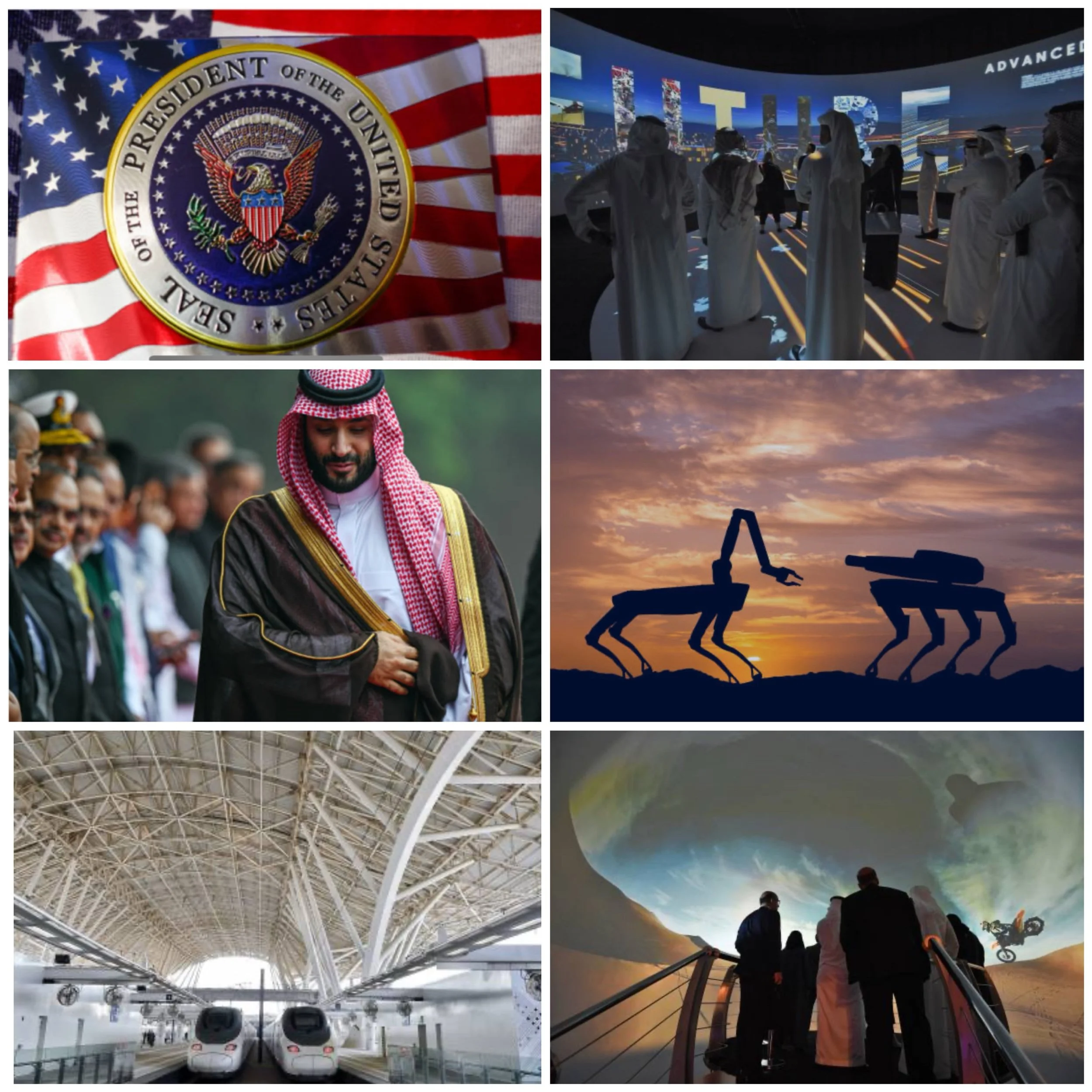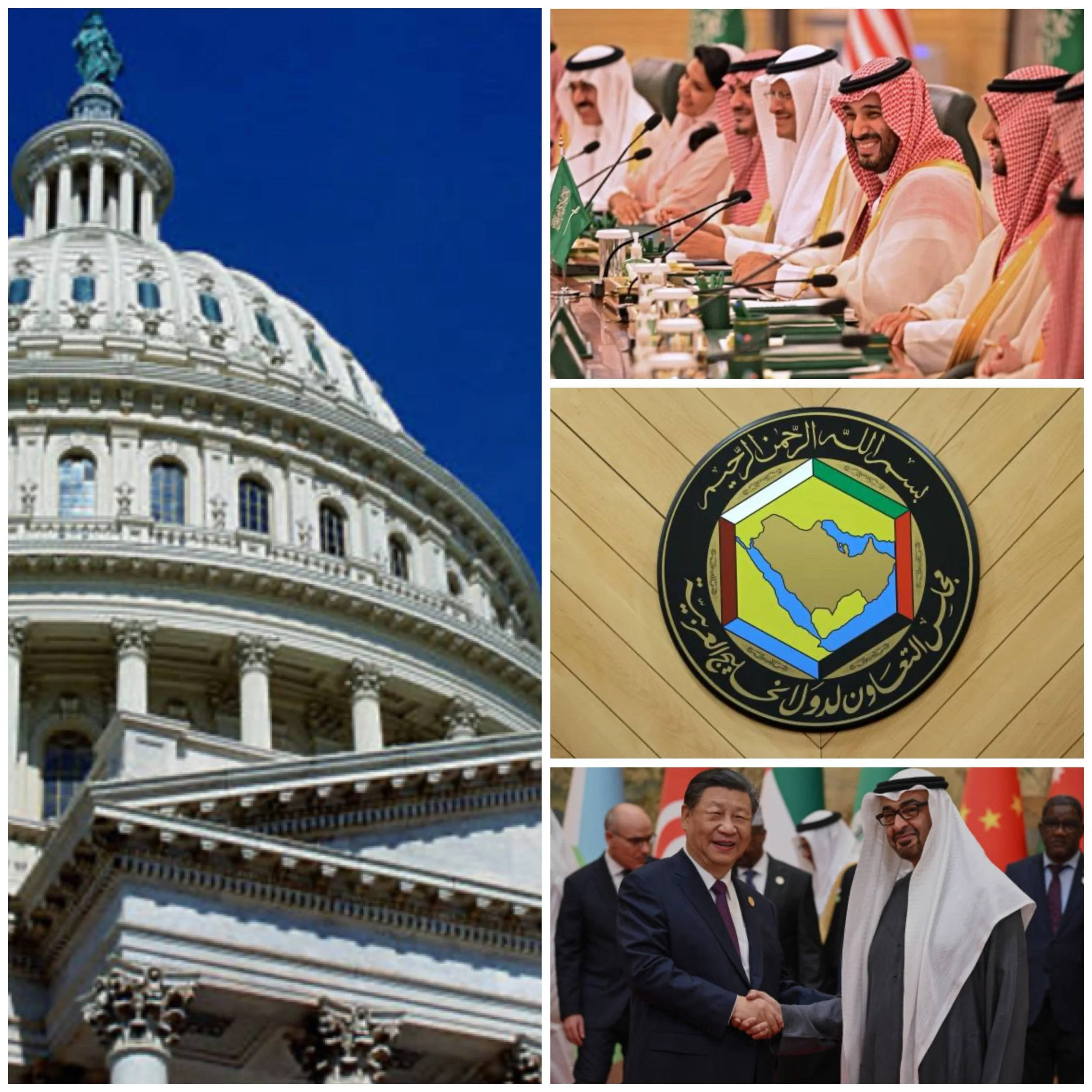Could a U.S.-Saudi security pact affect U.S. relations with other Gulf Cooperation Council (GCC) states
A U.S.-Saudi security pact could have significant implications for U.S. relations with other Gulf Cooperation Council (GCC) states. Here are several potential effects:
Strengthening U.S. Influence
**** Reaffirmation of U.S. Commitment
If a formal security pact is established between the U.S. and Saudi Arabia, it would reaffirm Washington’s commitment to Gulf security, potentially reassuring other GCC states about their own security arrangements. Countries like the UAE and Bahrain, which have already normalized relations with Israel, may view this as an opportunity to deepen their ties with the U.S., aligning their security interests more closely with those of Saudi Arabia.
**** Increased Military Cooperation
The pact could lead to increased military cooperation across the GCC, as member states might seek to enhance their defense capabilities in response to perceived threats from Iran and its proxies. This could result in joint military exercises, intelligence sharing, and coordinated defense strategies among GCC members, further solidifying U.S. influence in the region.
Regional Dynamics and Rivalries
**** Shift in Alliances
The establishment of a U.S.-Saudi security pact could alter existing alliances within the GCC. States that feel threatened by a stronger Saudi Arabia, backed by U.S. military support, may reconsider their positions. For instance, Oman and Qatar, which have historically maintained more neutral or independent foreign policies, might feel pressured to align more closely with either the U.S. or Iran depending on how they perceive the evolving security landscape.
**** Balancing Relations with Iran
As GCC states navigate their relations with Iran, a formal U.S.-Saudi alliance could complicate their diplomatic efforts to engage Tehran. Countries like Kuwait and Oman may seek to balance their relationships by enhancing dialogue with Iran while also maintaining ties with the U.S., reflecting a desire to avoid being drawn into a direct confrontation.
Economic Considerations
**** Arms Sales and Defense Spending
A U.S.-Saudi security pact could lead to increased arms sales and defense spending across the GCC as member states seek to bolster their military capabilities. This would likely benefit U.S. defense contractors and strengthen economic ties between Washington and its Gulf allies.
**** Economic Dependencies
While strengthening military ties, the pact may also reinforce economic dependencies on the U.S., as GCC states may increasingly rely on American technology and support for their defense needs. This could limit their ability to diversify partnerships with other powers like China or Russia.
Conclusion
In summary, a U.S.-Saudi security pact would likely strengthen U.S. influence within the GCC while reshaping regional dynamics and alliances. While it could reassure some states about their security and foster closer military cooperation, it may also create tensions among member states as they navigate their relationships with Iran and adjust to a potentially more assertive Saudi Arabia. The overall impact will depend on how individual GCC countries choose to balance their interests amid these evolving geopolitical realities




